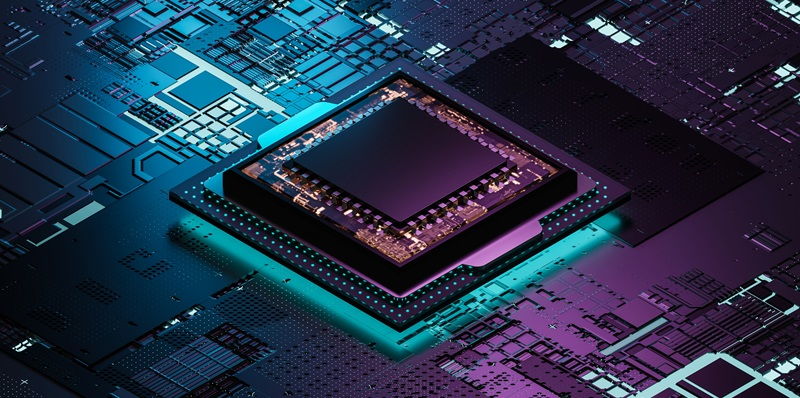In the world of processors, AMD has been making waves with its Ryzen APUs. Recently, benchmark results for the highly anticipated AMD Ryzen 7 8700G and Ryzen 5 8600G APUs have been leaked, showcasing their single and multithread performance. Let’s delve into the details and see how these APUs stack up against the competition.
AMD Ryzen 7 8700G Details
The AMD Ryzen 7 8700G is the flagship Hawk Point APU, boasting a powerful configuration. It features eight cores and 16 threads, making it a formidable contender in the CPU market. With 16 MB of L3 cache and 8 MB of L2 cache, the Ryzen 7 8700G ensures swift data retrieval and execution.
The AMD Ryzen 5 8600G is a six-core and twelve-thread APU, offering a slightly scaled-down version compared to its higher-end counterpart. Equipped with 16 MB of L3 cache and 6 MB of L2 cache, the Ryzen 5 8600G still packs a punch in terms of performance and efficiency.
Benchmark Performance of AMD Ryzen 7 8700G
Comparing the performance of the AMD Ryzen 7 8700G to the Ryzen 5700G, we see remarkable improvements. The Ryzen 7 8700G showcases a phenomenal 64% boost in multi-core performance. Additionally, its single-core performance receives a solid 37% increase, demonstrating its potential for demanding tasks and rapid responsiveness.
Benchmark Performance of AMD Ryzen 5 8600G
The Ryzen 5 8600G exhibits a noteworthy advancement in performance as well. Compared to its predecessor, the Ryzen 5700G, it delivers a significant 50% increase in multi-threaded performance, optimizing efficiency in tasks requiring parallel processing. Furthermore, its single-threaded performance sees a commendable 29% boost, proving its capacity for speedy and smooth operations.
Impressive Performance and Affordable Price Points
These leaked benchmark results showcase the impressive capabilities of the AMD Ryzen 7 8700G and Ryzen 5 8600G APUs. What makes them even more enticing is their affordable price points. With the Ryzen 7 8700G priced at $329 and the Ryzen 5 8600G priced at $229, they offer a compelling combination of performance and affordability.
AMD Targeting Apple’s M3 Silicon
It appears that AMD has set its sights on challenging Apple’s M3 silicon with its APU lineup. The exceptional performance and competitive price points make Ryzen APUs formidable competitors for Apple’s processors. Should the trend continue with future releases, AMD could emerge as a leading player in the processor market.
Rumored Specifications of Strix Point Halo APU
As we anticipate the arrival of further advancements, rumors have surfaced regarding the Strix Point Halo APU. This highly anticipated release is rumored to boast 16 cores and an RDNA 3.5 GPU with an astounding 40 Compute Units (CUs). If these specifications hold true, the Strix Point Halo APU has the potential to revolutionize the market with its immense power and efficiency.
Production Delay Rumors and Potential Impact
While the Strix Point Halo APU excites enthusiasts, rumors have circulated about a potential production delay until 2025. If true, this delay may hinder its ability to directly compete with Apple’s M3 silicon. However, even with a launch in 2024, the Strix Point APU could still pose a significant challenge to Apple, demanding attention and potentially reshaping the industry.
The leaked benchmark results of the AMD Ryzen 7 8700G and Ryzen 5 8600G APUs highlight their impressive single and multithread performance. Coupled with their affordable price points, these APUs present an attractive proposition for consumers. With rumors swirling about the upcoming Strix Point Halo APU and its potential to rival Apple’s M3, AMD’s position in the processor market seems promising. As the technological landscape evolves, we eagerly await the next wave of innovation from AMD and the exciting possibilities it will bring.

